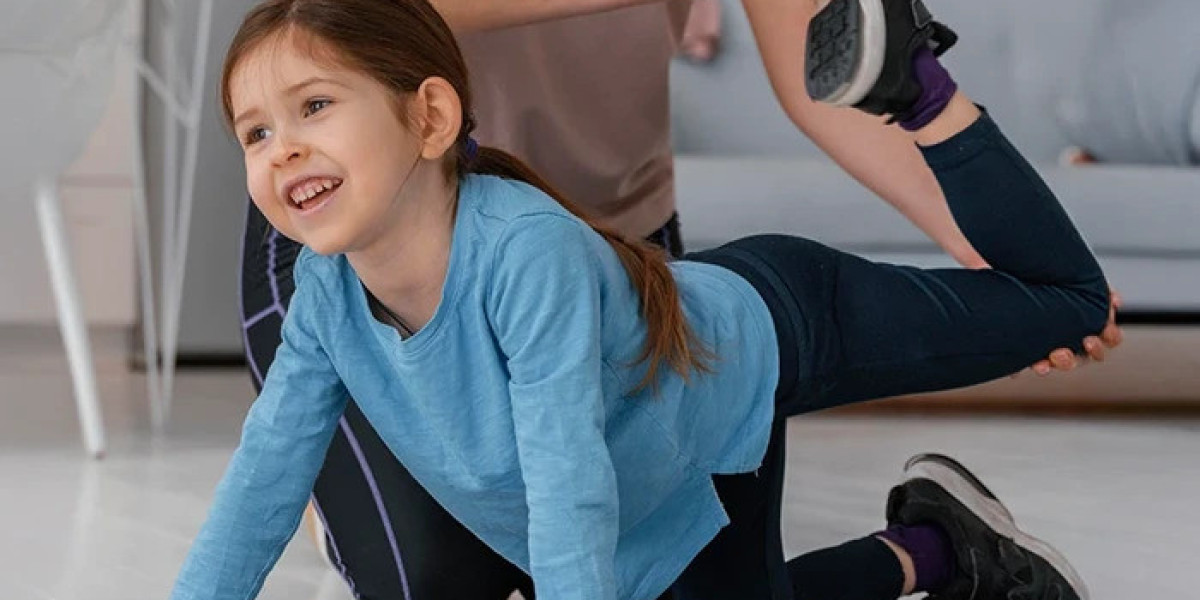Every parent notices their child complaining about aches or discomfort at some point. Many times, these are harmless growing pains that children experience during periods of rapid growth. However, there are situations where pain may signal something more serious, requiring careful attention.
As a parent, it can be challenging to distinguish between normal growth discomfort and a problem that needs medical evaluation. Consulting a pediatric orthopedic specialist in Chennai can help clarify the situation and guide the right approach to care.
Understanding Growing Pains in Children
Growing pains are often described as dull, aching sensations in the legs, typically affecting the thighs, calves, or behind the knees. They usually occur in the late afternoon or evening and rarely interfere with daily activities.
Children may experience growing pains intermittently, and the symptoms often resolve with gentle massage, stretching, or warm baths. While these pains are generally benign, certain signs should prompt a closer look.
When Pain Could Be a Cause for Concern
Not every ache or limp is a growing pain. Parents should watch for symptoms that might indicate a more serious underlying condition. Red flags include:
Persistent pain that disrupts sleep or daily activities
Swelling, redness, or warmth in a joint or limb
Limping or difficulty walking
Pain in one limb consistently, rather than alternating legs
Fatigue, fever, or general malaise accompanying pain
If any of these signs are present, it is important to seek professional medical advice rather than waiting for symptoms to resolve on their own.
Choosing the Right Pediatric Orthopedic Care
Finding a hospital and specialist that you trust is essential for your child’s well-being. Here are some key factors to consider when choosing a facility:
Experience of the Surgeons: Look for specialists who have a strong background in pediatric orthopedics and years of hands-on experience.
Child-Friendly Environment: Hospitals that cater to children’s needs with a welcoming atmosphere can reduce anxiety and improve cooperation.
Comprehensive Care: A team that includes physical therapists, pediatric nurses, and orthopedic surgeons ensures your child receives complete care.
Advanced Technology: Modern diagnostic tools and treatment techniques can help detect issues early and make interventions safer.
Patient Feedback and Reviews: Real experiences from other parents can provide insight into the quality of care and level of attention given to children.
Considering these points can help parents make informed decisions and find the best care for their child.
Signs You Might Need the Best Pediatric Orthopedic Surgeon in Chennai
While minor aches may resolve naturally, persistent or unusual symptoms may require specialized intervention. Parents should consider consulting the best pediatric orthopedic surgeon in Chennai if their child experiences:
Pain that continues for more than a few weeks
Noticeable swelling, deformities, or abnormal joint movement
Severe injury from sports or accidents
Limitation in physical activities compared to peers
A qualified pediatric orthopedic surgeon can diagnose the cause of the pain, recommend treatments, and guide parents on safe ways to manage or prevent further complications.
FAQ Section
Q1: Are growing pains normal for all children?
Growing pains are common, especially between ages 3 to 12. However, each child is different, and persistent or severe pain should be evaluated by a specialist.
Q2: How can I tell if my child’s pain needs medical attention?
Red flags include swelling, redness, limping, night pain, or pain accompanied by fever. Consulting a pediatric orthopedic specialist can provide clarity.
Q3: Can growing pains affect both legs at the same time?
Yes, growing pains often alternate between legs. Persistent pain in one leg may indicate a more serious condition and requires medical assessment.
Q4: How long should I wait before consulting a pediatric orthopedic surgeon?
If symptoms are frequent, severe, or accompanied by swelling or limited movement, it is best to consult a specialist without delay.
Q5: Are non-surgical treatments effective for pediatric orthopedic issues?
Many pediatric orthopedic conditions improve with physical therapy, stretching, or supportive devices, but each case should be assessed individually by a specialist.
Conclusion
Understanding the difference between normal growing pains and signs of a serious issue can be overwhelming for parents. Paying attention to patterns, severity, and accompanying symptoms is critical for timely intervention.
At Soundarapandian Bone and Joint Hospital(SBJH), we are committed to providing world-class healthcare with the warmth and compassion of a family-run institution. Guided by a tradition of care, our highly skilled Orthopaedic surgeons and our dedicated team work together to ensure that every patient receives personalised treatment. We combine the latest in cutting-edge technology with a deep sense of empathy and ethics, striving for excellence in orthopaedics while fostering a welcoming, supportive environment for all.






